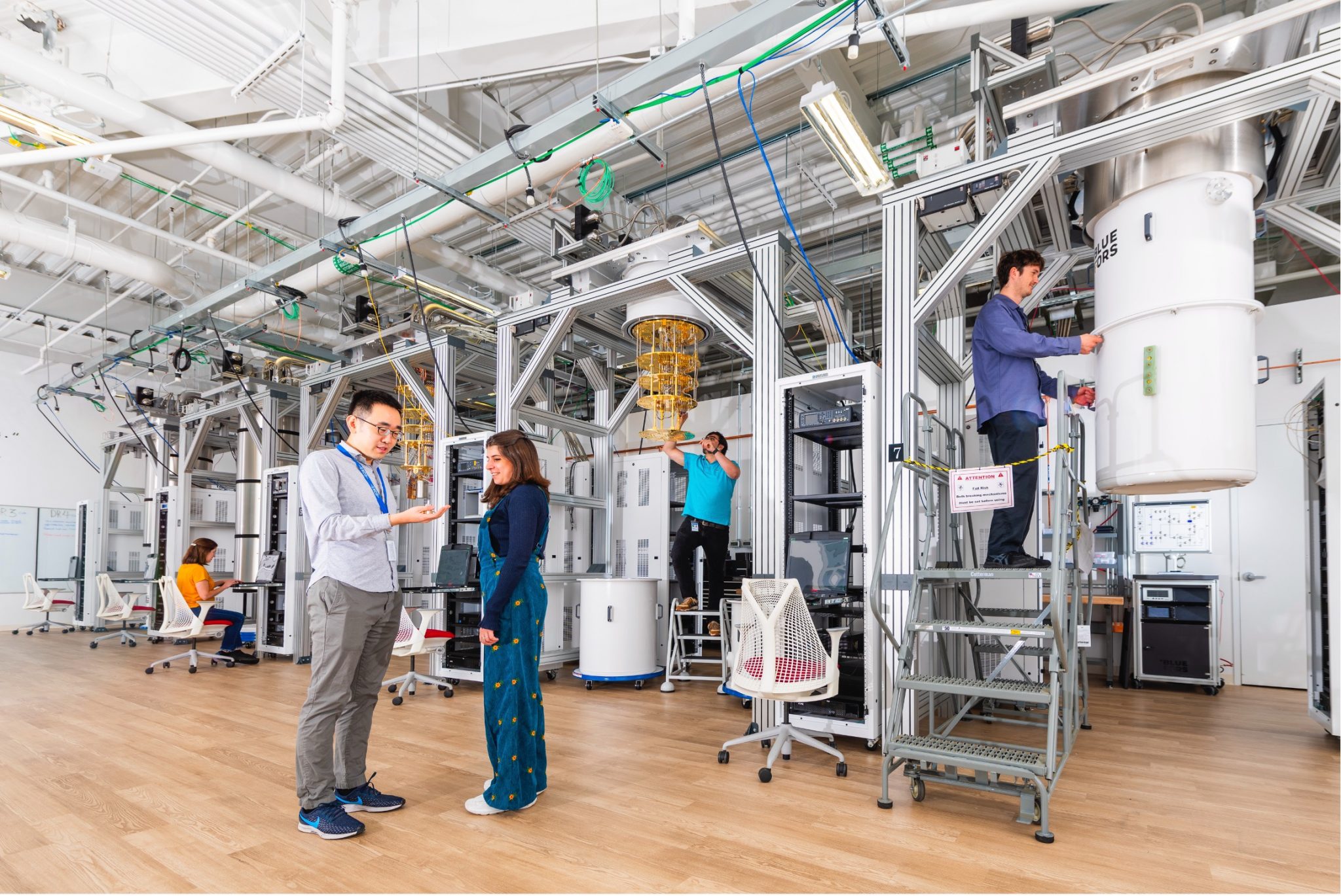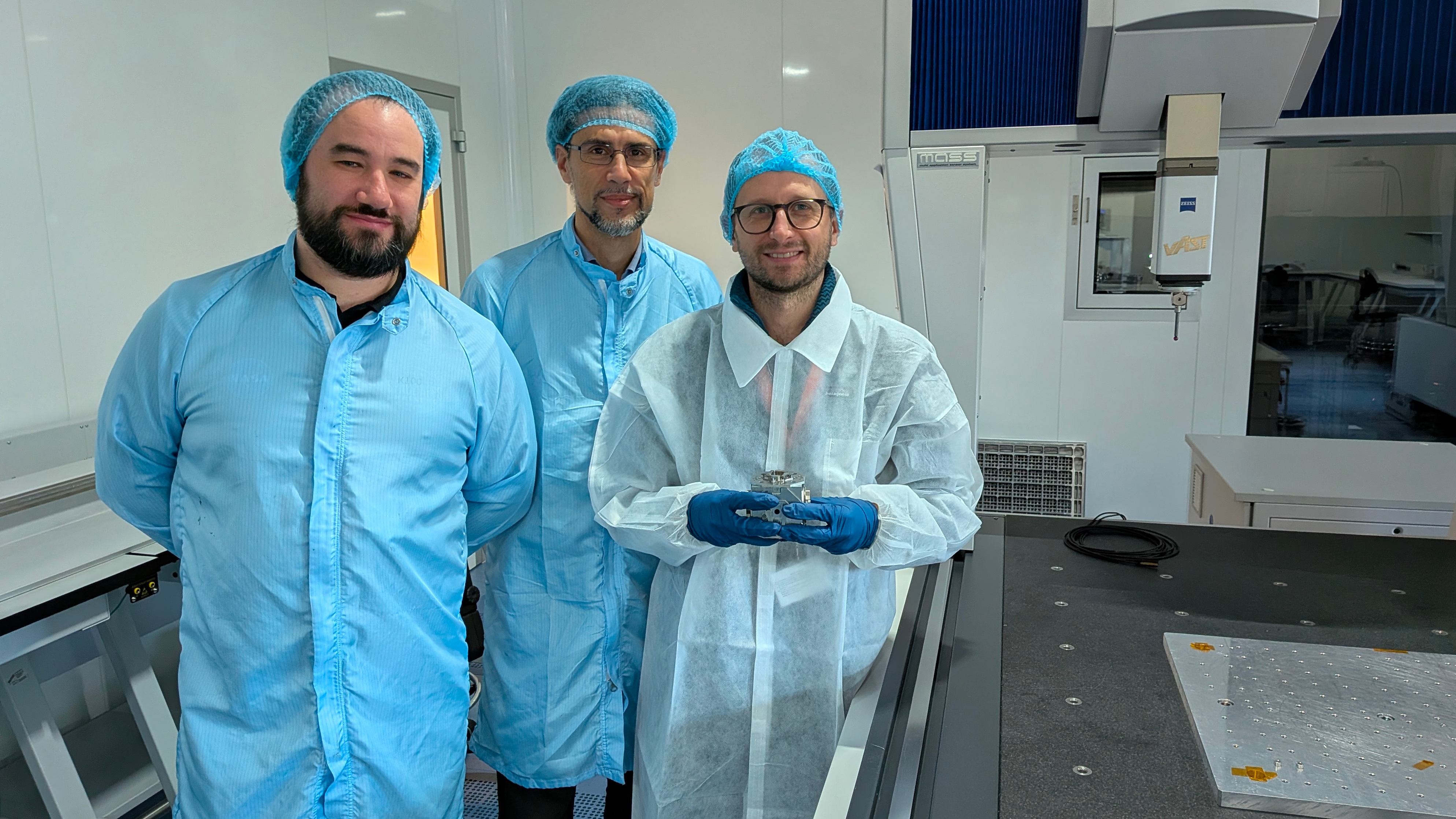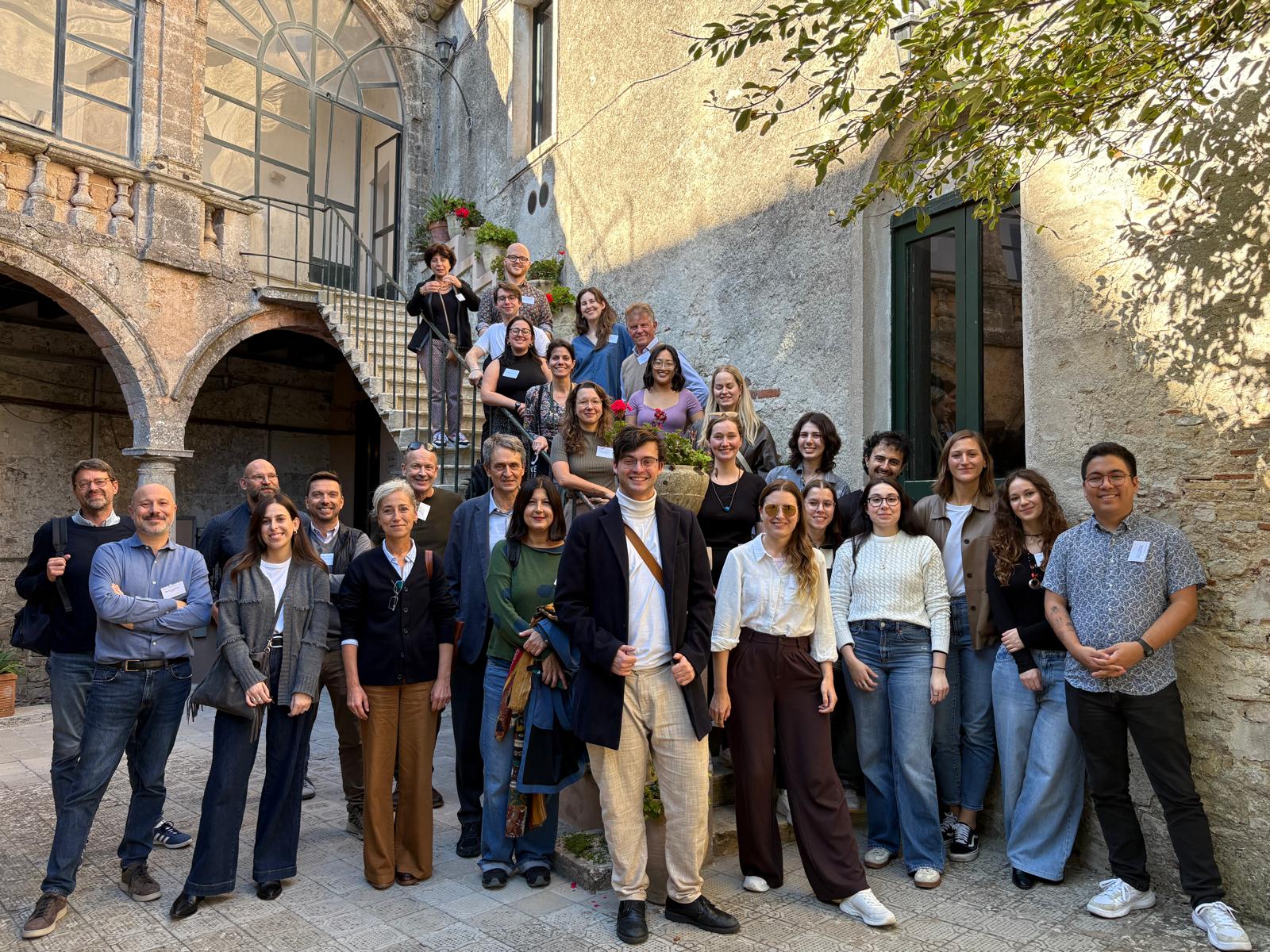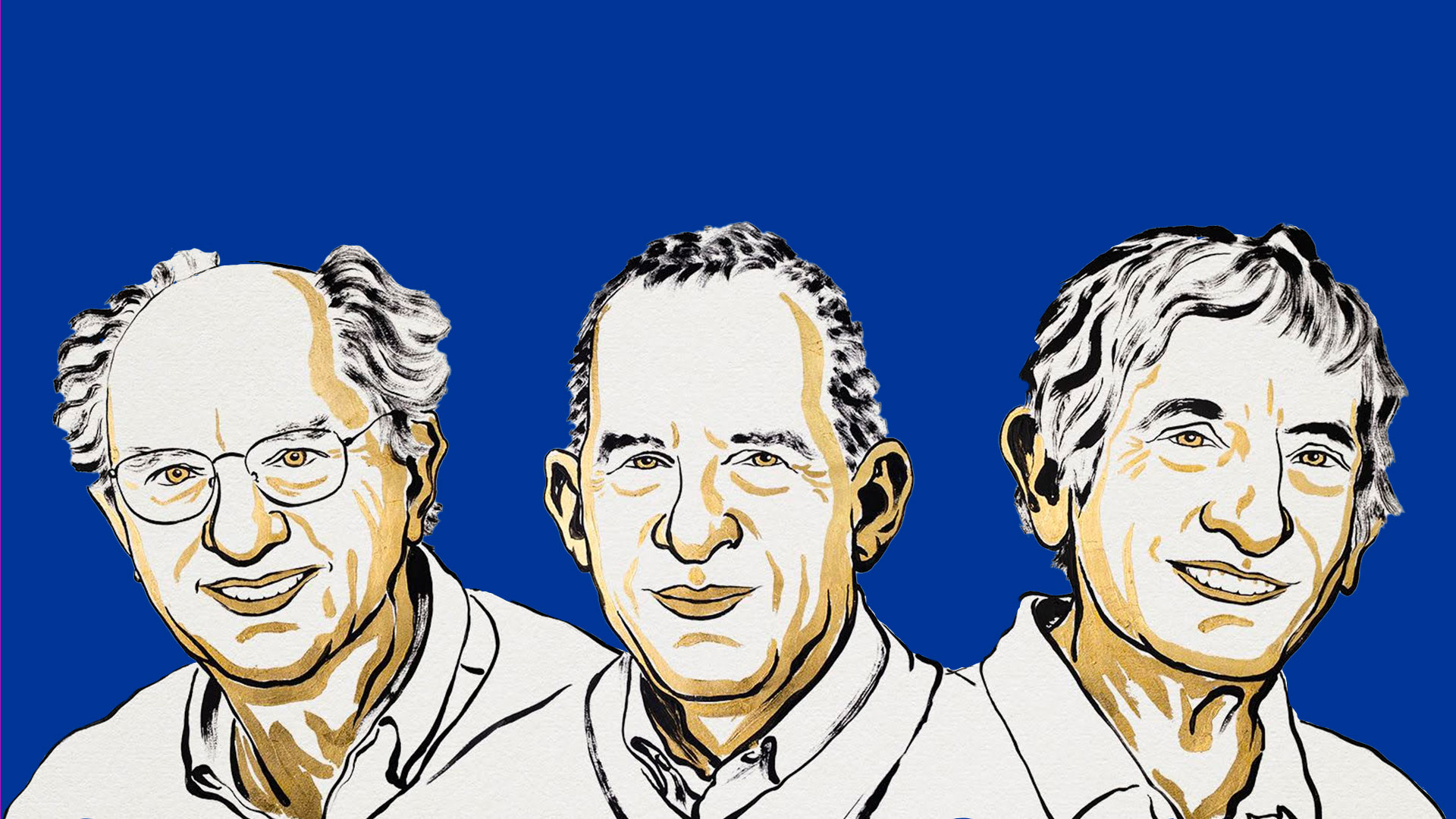
Michele Punturo, a researcher at INFN Perugia division, and Harald Lück, a researcher at the Institute for Gravitational Physics of Leibniz University Hannover and the Max Planck Society, will serve as coordinator and vice-coordinator, respectively, of the Einstein Telescope (ET) Scientific Collaboration. The announcement was made on March 24 by the ET Scientific Collaboration, which brings together universities and research institutes, including INFN, involved in the design and construction of a third-generation European gravitational-wave observatory. The ET project is included in the ESFRI European Strategy Forum on Research Infrastructure 2021 Roadmap; the European strategic forum selects major research infrastructures to be funded at a European level.





